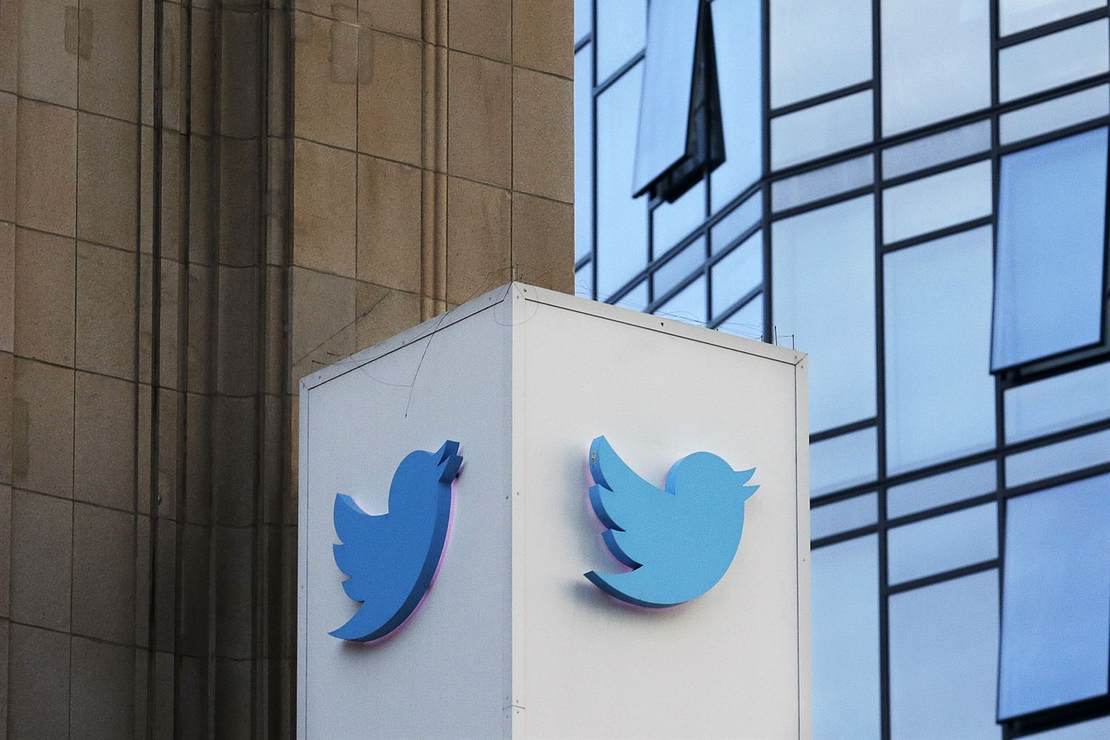
Twitter has accepted Elon Musk’s offer but there are lots of people suggesting that Musk either can’t or won’t be able to complete the deal for various reasons. One reason is that Tesla stock has been down sharply this week despite the spectacular quarterly results the company announced last week.
Tesla Inc lost $126 billion in value on Tuesday amid investor concerns that Chief Executive Elon Musk may have to sell shares to fund his $21 billion equity contribution to his $44 billion buyout of Twitter Inc…
Wedbush Securities analyst Daniel Ives said that worries about upcoming stock sales by Musk and the possibility that he is becoming distracted by Twitter weighed on Tesla shares. “This (is) causing a bear festival on the name,” he said.
No sign from Musk that he’s having second thoughts so far but the idea of him changing course is certainly circulating at the moment. Another reason people are questioning the deal is that Twitter isn’t a very profitable company. Normally this type of leveraged buyout scenario would target a company that has a lot more profit.
“The deal has been structured to have as much leverage as possible,” said Steven Hunter, chief executive at 9fin, a leveraged finance data and research company. “Even for a software buyout with seven turns of leverage, you would typically see a business with much higher gross profit margin and that is more cash generative than Twitter.”…
At present, Twitter has a little more than $5 billion in debt, mostly in the form of low-interest convertible bonds and unsecured debt, according to a recent offering memorandum. If shareholders agree to take Twitter private, the company will need to pay back all of its existing debt before this new debt is added to its books, analysts said.
So what’s the plan to pay off all this debt? Vox notes there are only three ways to do it, the most obvious being to cut costs:
The standard mergers & acquisitions playbook always includes this one: The company you bought would work better with fewer people running it. Here’s investor and Twitter power user/troll Marc Andreessen:
The good big companies are overstaffed by 2x. The bad big companies are overstaffed by 4x or more.
— Marc Andreessen 🇺🇸 (@pmarca) April 16, 2022
READ RELATED: Mystery: Why did two men posing as federal agents give gifts to the Secret Service?
In other words, one way to make this deal make more sense would be to cut staffing dramatically. And that brings me to this interview with former founding COO of PayPal David Sacks which Musk described as “accurate.”
Accurate interview
— Elon Musk (@elonmusk) April 28, 2022
It’s not clear exactly what Must was referring to with that comment since the interview covered a fair amount of ground. But Sacks is clearly a fan of what Musk is trying to do and described the purchase of Twitter as a “Berlin Wall” moment, i.e. the beginning of the end of the push for more censorship online. Referring to Disney’s decision to get involved in a debate over a law in Florida, Sacks said, “We saw that happen with Disney just a couple—in the last couple of weeks. Bob Chapek, he had the right idea in Florida which was just to stay out of that whole debate, that whole controversy, but he was mau-maued by the employees to get involved and he did. And then he got spanked by DeSantis.”
Sacks added that won’t be how things work at Twitter under Musk: “You’ve seen over and over that these CEOs get pushed around by employees. I can tell you that’s just not going to happen with Elon. He’s just not that kind of leader.” Later he added, “Twitter’s got something like 8,000 employees and nobody knows what they all do…So you start with the fact that Elon probably only needs 2,000 employees at this company, 3,000, at most 4,000 so he can spare half the company.”
Sacks was also asked about the profitability of Twitter and whether Musk can make it work. “I think probably that’s the key to making this deal work financially is cutting all the fat because I think that would immediately boost their free cash flow significantly and that would allow him to pay for a large part of the deal,” Sacks said. Later in the interview Sacks added, “He needs to slash the number of employees anyway so people who are not on board are going to get off the train.”
Here’s the full interview.
[embedded content]
Source:






